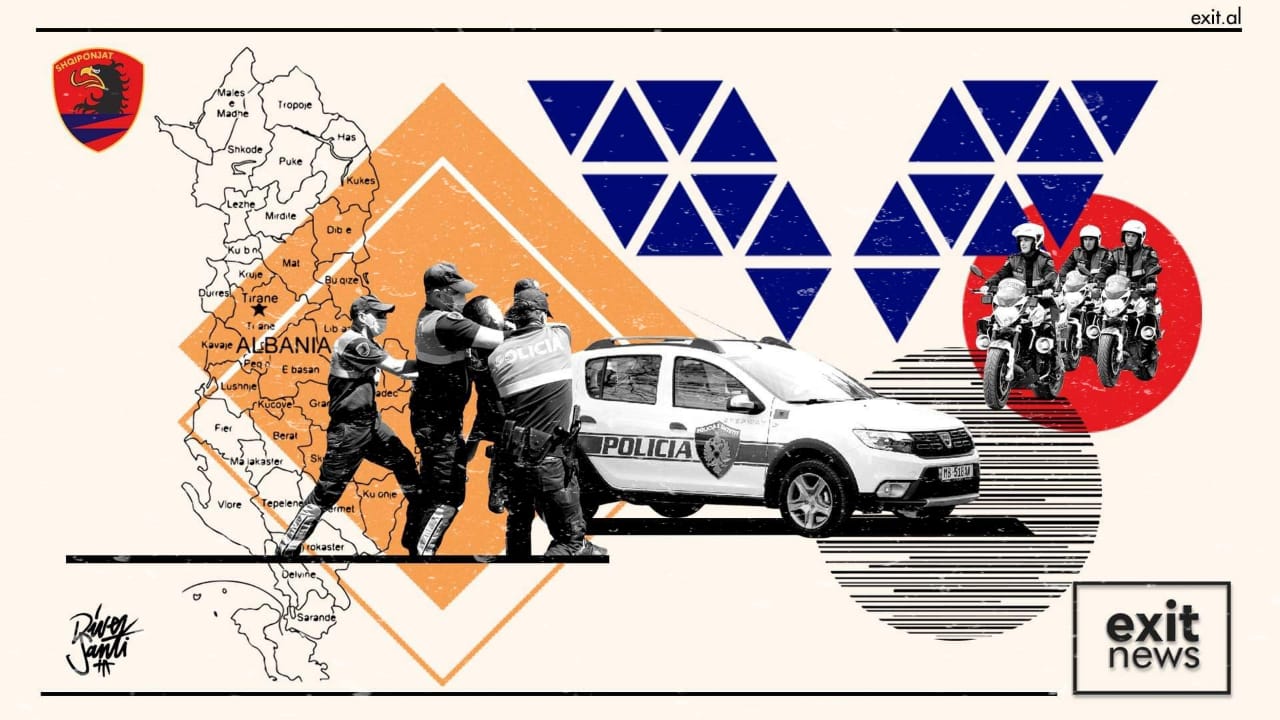
A suspected revenge killing has been reported in Lezhe on Monday (24 January) after a 17-year-old boy shot and killed a 65-year-old man.
Journalists on the scene reported that the perpetrator’s father had been killed 10 years ago following a conflict with the brother of today’s victim.
Lezhe police arrested the youth after he turned himself in at the village of Manati, a few kilometres outside the city. The weapon used was also seized by the police.
Authorities confirmed that the murder took place over suspected revenge motives.
This is the second potential blood feud related incident in 2022. In the first days of January, an attempted murder took place in Shkoder.
Vincens Prioli was shot and survived the attack but he had reportedly told his cousin previously that he feared for his life in Shkoder and wanted to move to Lezhe.
The timeline of events leading up to the previous attempted murder has raised concerns that this is a blood feud. They are as follows;
- In 2017, Savo Gjurishic killed a Kosovo Albanian, Beqe Likaj.
- In 2018, Gjurishic is sentenced to 13 years in prison for the murder. At the time, he expressed concern that the three brothers of Likaj would seek revenge.
- In July 2021, Piroli and Dorian Lala killed Momcillo Gjurishic, the father of Savo. Media reports that they entered Montenegro illegally and executed him in Ulqin, a predominantly Albanian area of the country. Montenegro issues international arrest warrants for Piroli and Lala. Police in Montenegro believes that the Likaj family hired Piroli and Lala to carry out the killing.
Gjakmarrje or ‘blood revenge’ refers to the obligation placed on an individual to murder to salvage one’s honour. For example, if a member of another family dishonours an individual from another family, the former can seek revenge and the restoration of their honour by killing a member of the latter.
Some of the actions that can initiate gjakmarrja include killing a guest, violation of private property failure to pay a debt, kidnapping, seduction of a woman, or rape. It can also be triggered by murder. Once the action has occurred, the ‘wronged family’ will seek out a member of the other family to kill to settle the wrongdoing.
Albanian authorities have often denied the existence of blood feuds in recent years, but those working with families impacted by them, say there are around 3000 thousand living in fear in the north of the country.
There have been more than 10,000 revenge killings since the fall of communism in Albania but they are often not reported as such by the media, or authorities. Furthermore, there are tens of asylum cases lodged citing blood feuds as a reason in the EU and UK every year. A number of them are granted.
Until July of this year, Montenegro had passed fifty years without any blood feud killings.
On the 28 June 1970, various clans and families from the Malesija area near Podgorica, enforced the Pledge of Malesia. They vowed to renounce the ancient code that governed blood-for-blood feuds to bring an end to the merciless murders that plagued the area.
According to locals, those that agreed to the pledge have upheld their promise.

